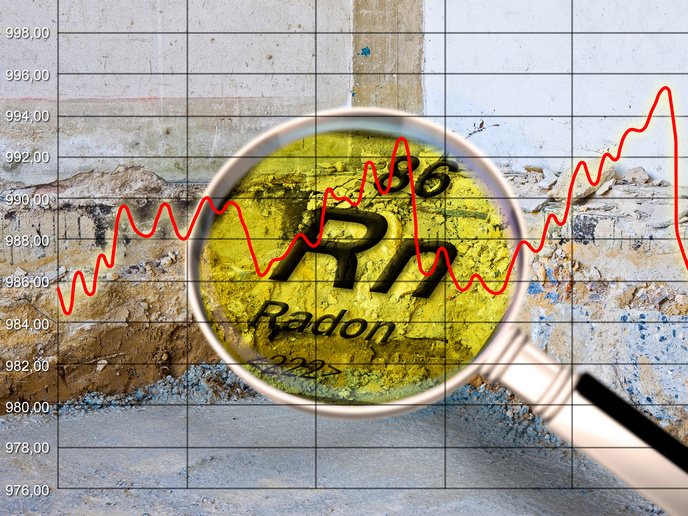Promoting radiation research that benefits science and society
The EU-funded RadoNorm project was launched with the goal of achieving effective radiation protection based on better scientific evidence and social considerations. The project is focusing on radon, a dangerous, naturally occurring radioactive gas found in high concentrations in indoor environments and believed to be a leading cause of lung cancer in Europe. To further its goal, RadoNorm has set up a Citizen Science Incubator that allows citizens and radon experts to work together on projects aimed at increasing radon measurement and mitigation actions. Its efforts have earned it an honorary mention in the 2024 EU competition recognising outstanding citizen science initiatives.
Four, and another six
When it was launched in 2020, the project consortium developed and tested four pilot citizen science projects related to radon testing, mitigation and remediation. Based in France, Hungary, Ireland and Norway, these pilots have served as the starting point for the creation of a wide network of citizen science projects, with over 800 citizen scientists currently engaged across Europe. Building on the pilots, in 2022 RadoNorm launched an open call inviting local communities, schools, NGOs, universities and social civil groups to apply for funding to conduct radon-related projects over a period of 6 months. Six projects from Spain, Italy, Poland, Portugal, Slovenia and Slovakia were selected for funding. Using different citizen science approaches, the projects focus on indoor radon measurements, with one project also investigating radon concentrations in tap water and drinking water sold at spa resorts. In September 2024, RadoNorm researchers released their latest findings on the citizen science projects funded by the open call. Published in ‘Frontiers in Environmental Science’, the research article proposes a holistic and comprehensive evaluation tool to help improve citizen science project outcomes and processes. It also shows that such projects can improve radon testing and mitigation rates, and increase people’s awareness of and knowledge about radon. “These projects can provide new scientific knowledge, empower participants in decision-making, and have a societal impact on affected communities,” the study authors state, bringing attention to the benefits of citizen science projects focusing on indoor radon. However, the article also mentions a number of challenges, including “initial motivation of citizens, sustainability constraints, limited scientific impact and the influence of project results on policy-making and legislation.” As part of its efforts to support radon-related research, RadoNorm (Towards effective radiation protection based on improved scientific evidence and social considerations - focus on radon and NORM) has also issued a call for research stay travel grants. Through this call, it offers financial support to RadoNorm early-career researchers to take part in exchange visits, long-term training courses and other events that would further their training in radiation protection research, where the normal RadoNorm travel grant is inadequate to cover expenses. For more information, please see: RadoNorm project website
Keywords
RadoNorm, citizen science, radon, radiation, radioactive gas



